Posted on 8/16/2021
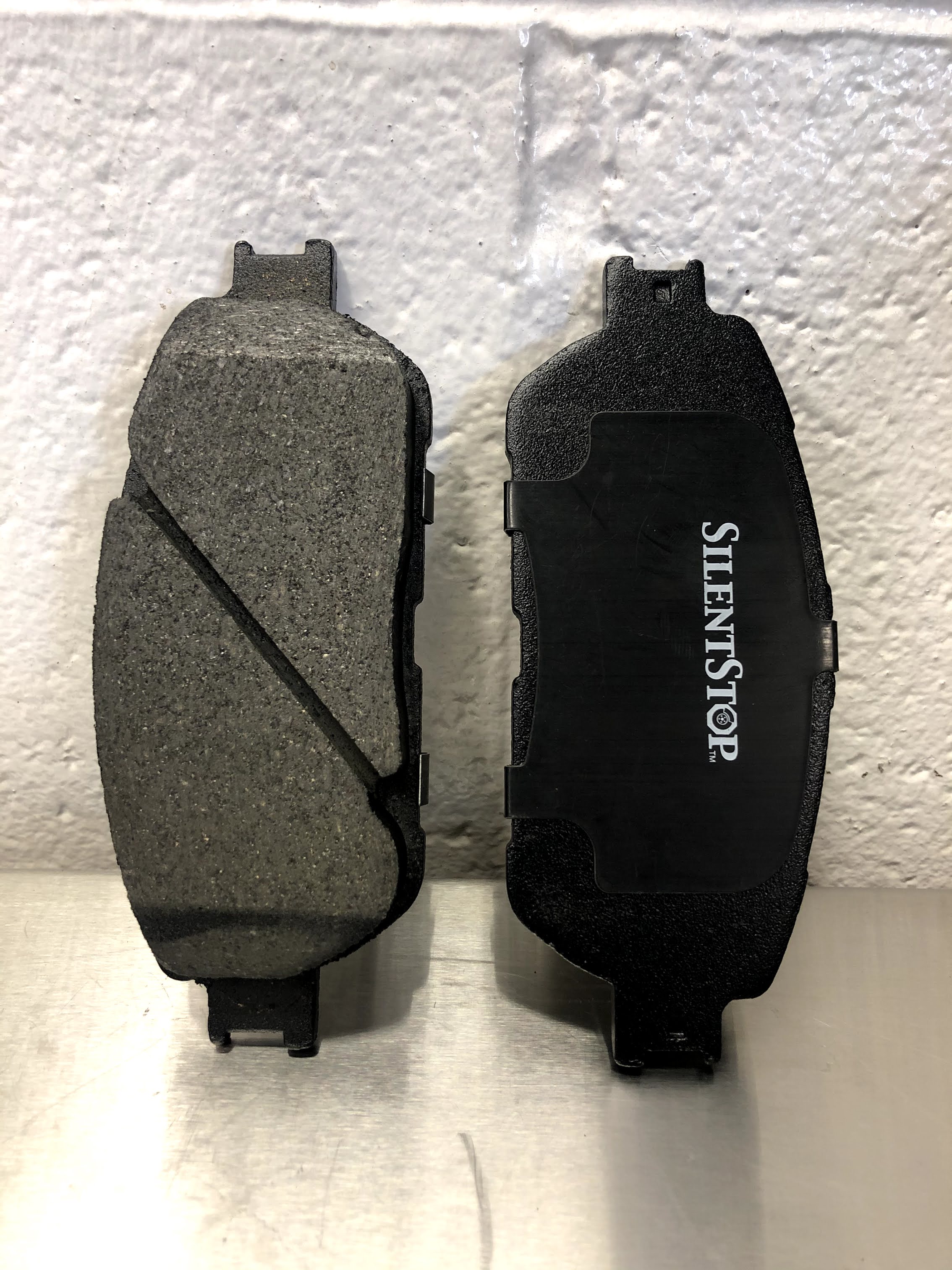
If you begin to hear a grinding sound while the brake pedal is pressed driving down the road, schedule an appointment with us ASAP! The most likely cause of this noise is the brake pad friction material being worn down to the metal backing plate. Or in other words, the brake pad is basically useless. The grinding noise is the sound of the metal backing plate being pressed against the rotor. In most cases, the brake rotor will need replaced along with the brake pads due to gouges from metal being pressed on metal. The stopping ability of your vehicle is severely compromised when brakes become “metal to metal”, and should be addressed immediately
Posted on 6/1/2021
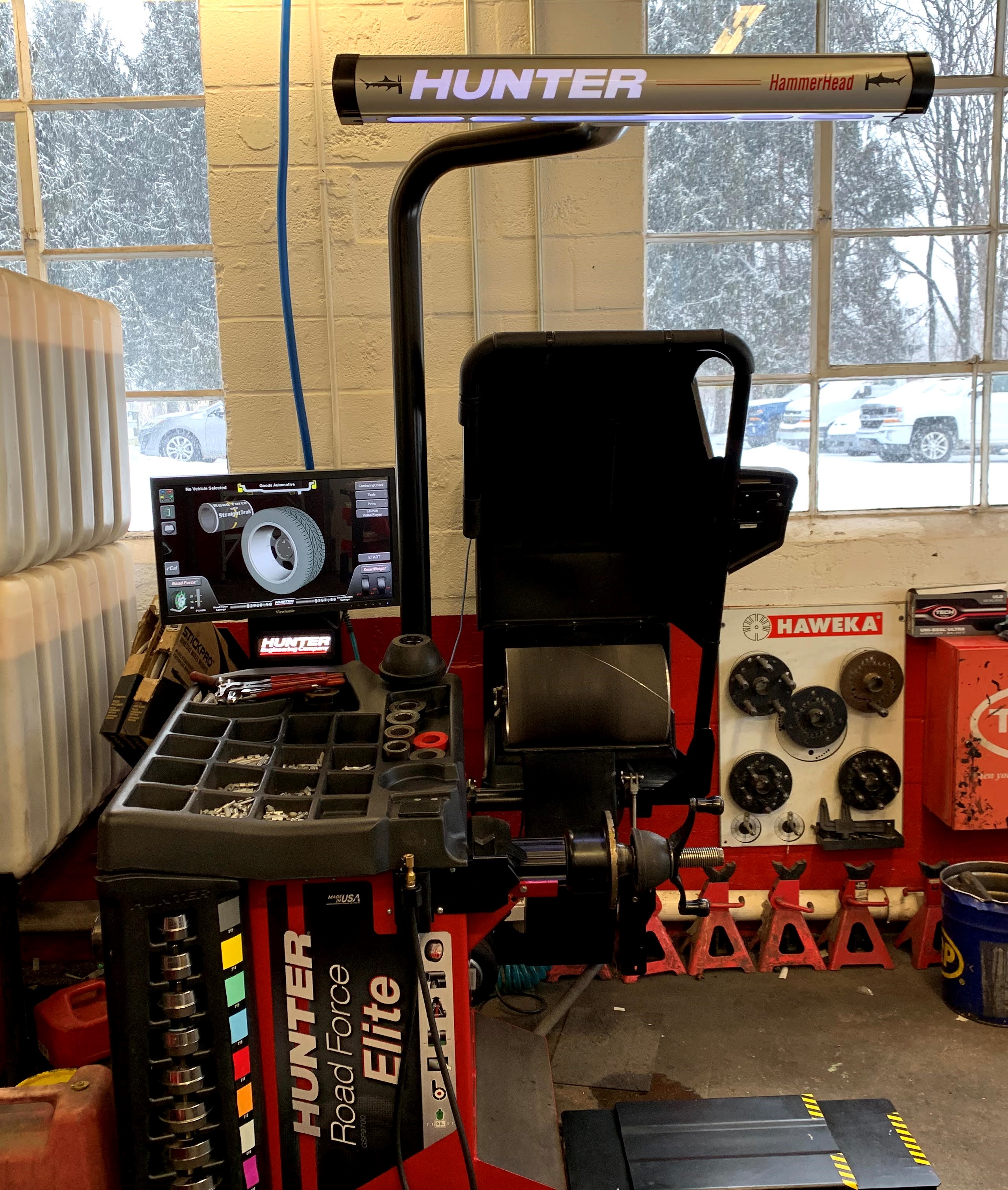
Unfortunately, the answer to this question may not always be cut and dry since there are a variety of different symptoms that could cause a steering wheel shake. The two most common causes are warped or damaged brake rotors, and unbalanced tires. If the steering wheel only shakes when the brakes are applied, the brake rotors are the most likely culprit. If the steering wheel shake is constant and gets worse as speed is increased, balancing all four tires is the best place to start. If a tire is not properly balanced, the weight is not evenly distributed which is what causes the steering wheel shake at higher speeds. Because tires wear over time, it is just as important to have them balanced periodically as it is when new tires are installed. Other causes for steering wheel shake can include worn tires, misaligned wheels, damaged suspension components, worn or damaged axles, and bad wheel bearings. If your steering wheel is beginning to shake, bring it on down to Good’s Auto Servi ... read more
Posted on 5/7/2021
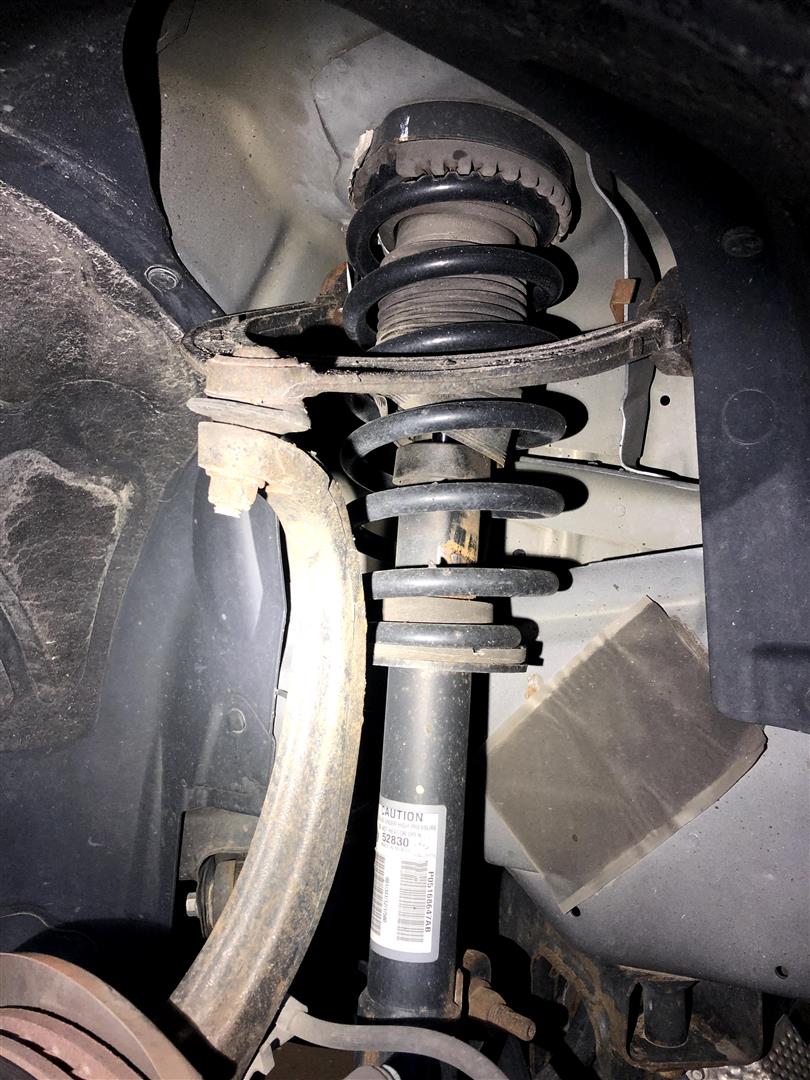
What exactly do we mean by a bouncy suspension? Have you ever been driving and seen a car that appears to “floating” back and forth as it goes down the road? Or driven a car that seems to excessively rock side to side when the wheel is turned? These are both symptoms of a “bouncy suspension” which is most likely caused by worn shocks and/or struts. Both shocks and struts stabilize your vehicle’s movements and absorb the impact of uneven road conditions. If these components are not performing correctly, it adds a great deal of stress to the other parts of the suspension, as well as a not-so-comfortable ride. Worn struts/shocks can also cause your tires to cup or chop since the weight of the vehicle is no longer evenly distributed. Because they are such an integral part of the overall movement of the vehicle, Good’s Auto Service recommends they be replaced every 100,000 miles. This will help prevent other costly repairs to the suspension, extend the li ... read more
Posted on 4/1/2021
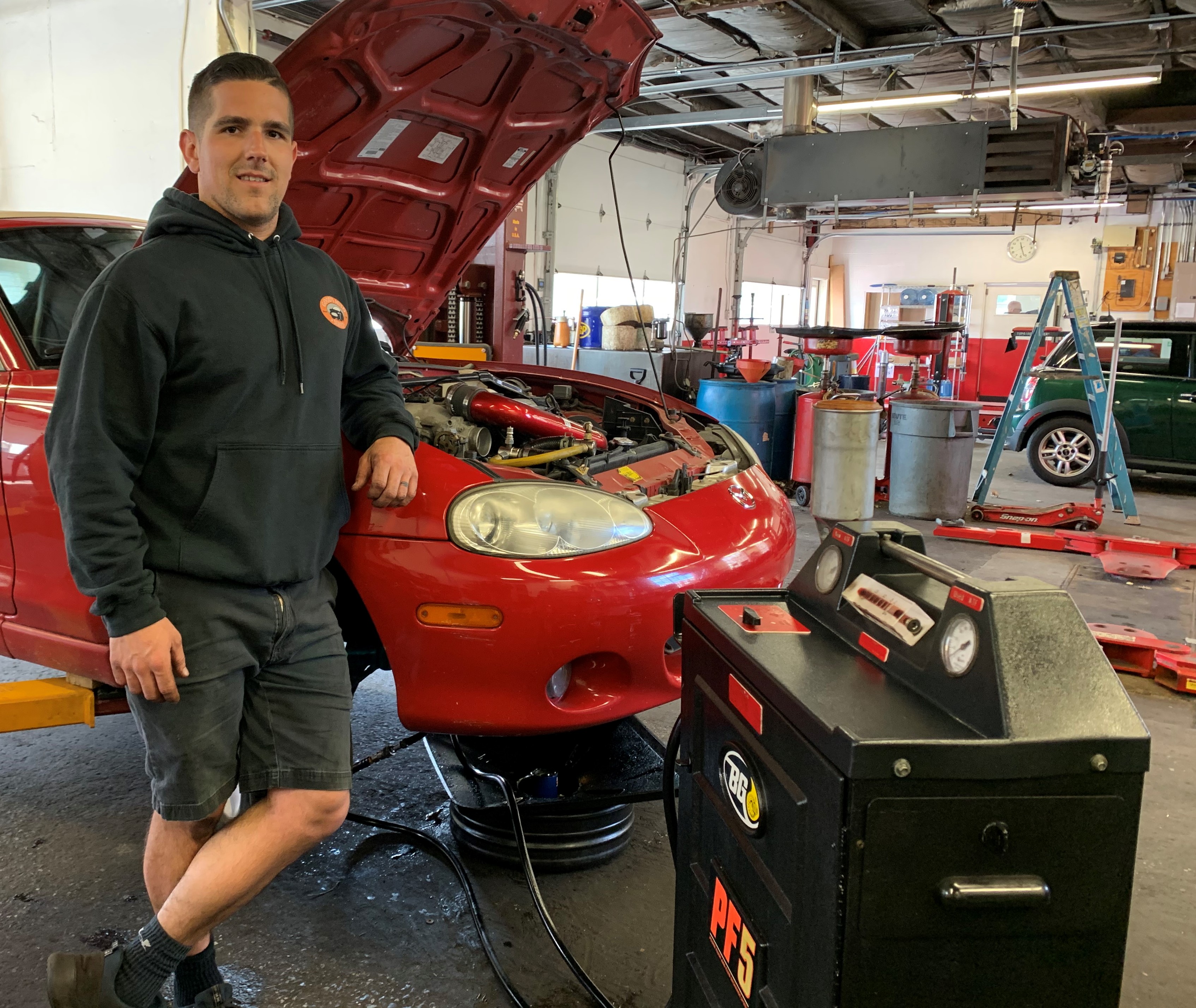
We get this question all the time; “Do I really need to change my transmission fluid?”. Well, if you want your transmission to operate at peak performance and prevent wear, then yes, it is very important. Draining and refilling the fluid is always an option, but there are several advantages to flushing the transmission that you won’t get with a simple drain and refill. Most transmissions hold around 9 quarts of fluid. When the drain plug is removed, you will only remove about 3 of the 9 total quarts. This means to effectively change the fluid you would have to drain and refill the transmission several times to ensure all of the old fluid is removed. At Good’s Auto Service, we have a machine that is attached to the transmission cooler lines. A cleaning agent is added prior to service to help break down sludge and gunk that has built up in the transmission system. The machine then runs new fluid through the entire system, which pushes a ... read more
Posted on 3/22/2021
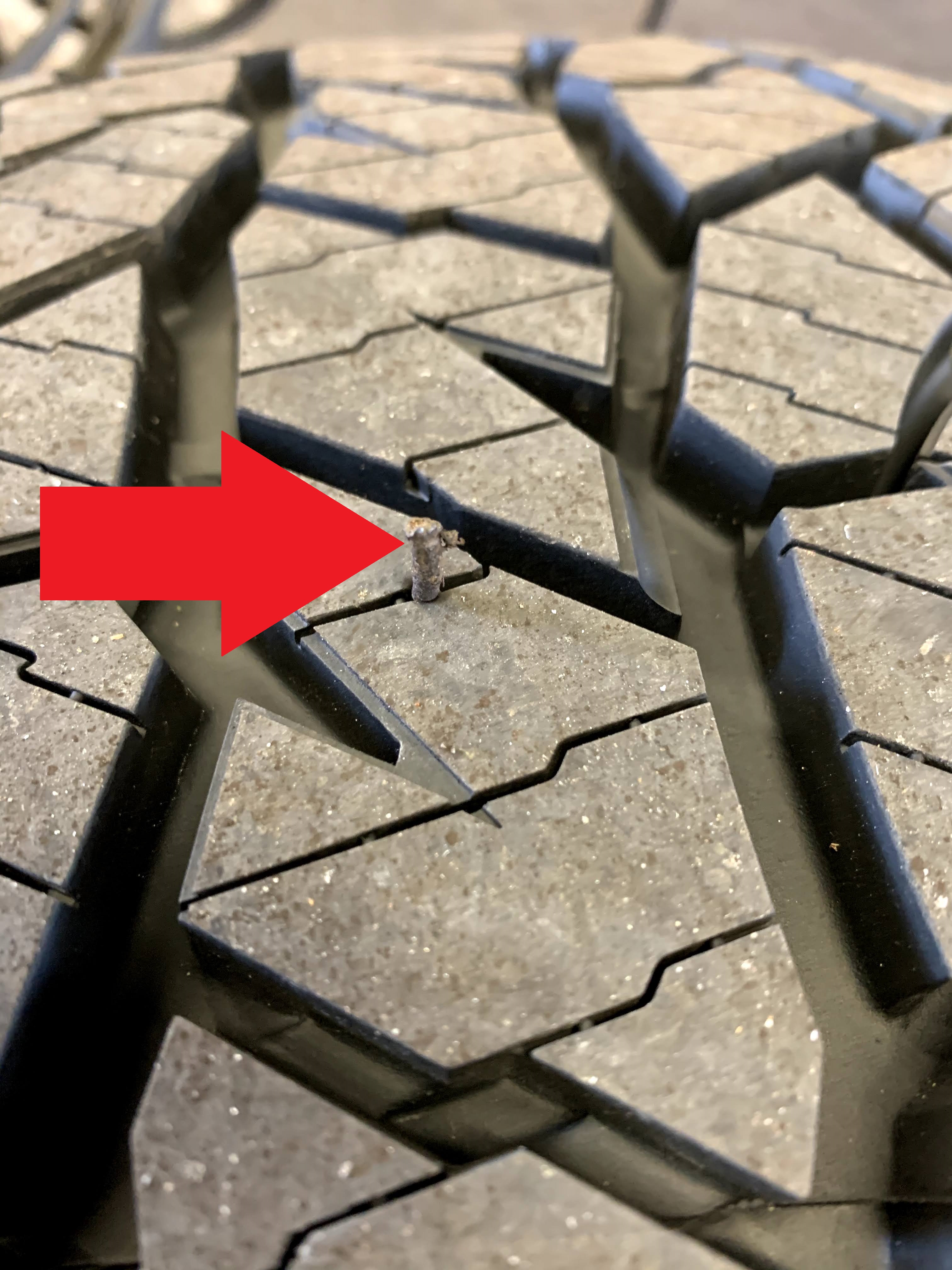
The days of simply punching a plug through your tire when it picks up a nail or screw are long behind us. Not only is it considered a temporary repair, it is also unsafe to drive on as well. Here at Good’s Auto Service, Lititz, 17543, we remove the tire from the rim and patch the tire from the inside. This patch is adhered to the tire with vulcanizing cement, and then coated in a repair sealant to ensure no air can push its way under the patch. Performing a tire repair in this manner makes the repair permanent, meaning you don’t need to worry about the plug leaking in the future. In fact, each tire is able to have two tire repairs in this way. If a third tire repair is required, according to the state, it would need to be discarded and replaced with a new one. A puncture can only be repaired if the injury is within the treads. If the puncture is on the shoulder or the sidewall the tire must be discarded. If you would like us to determine if your tire is repairable or n ... read more